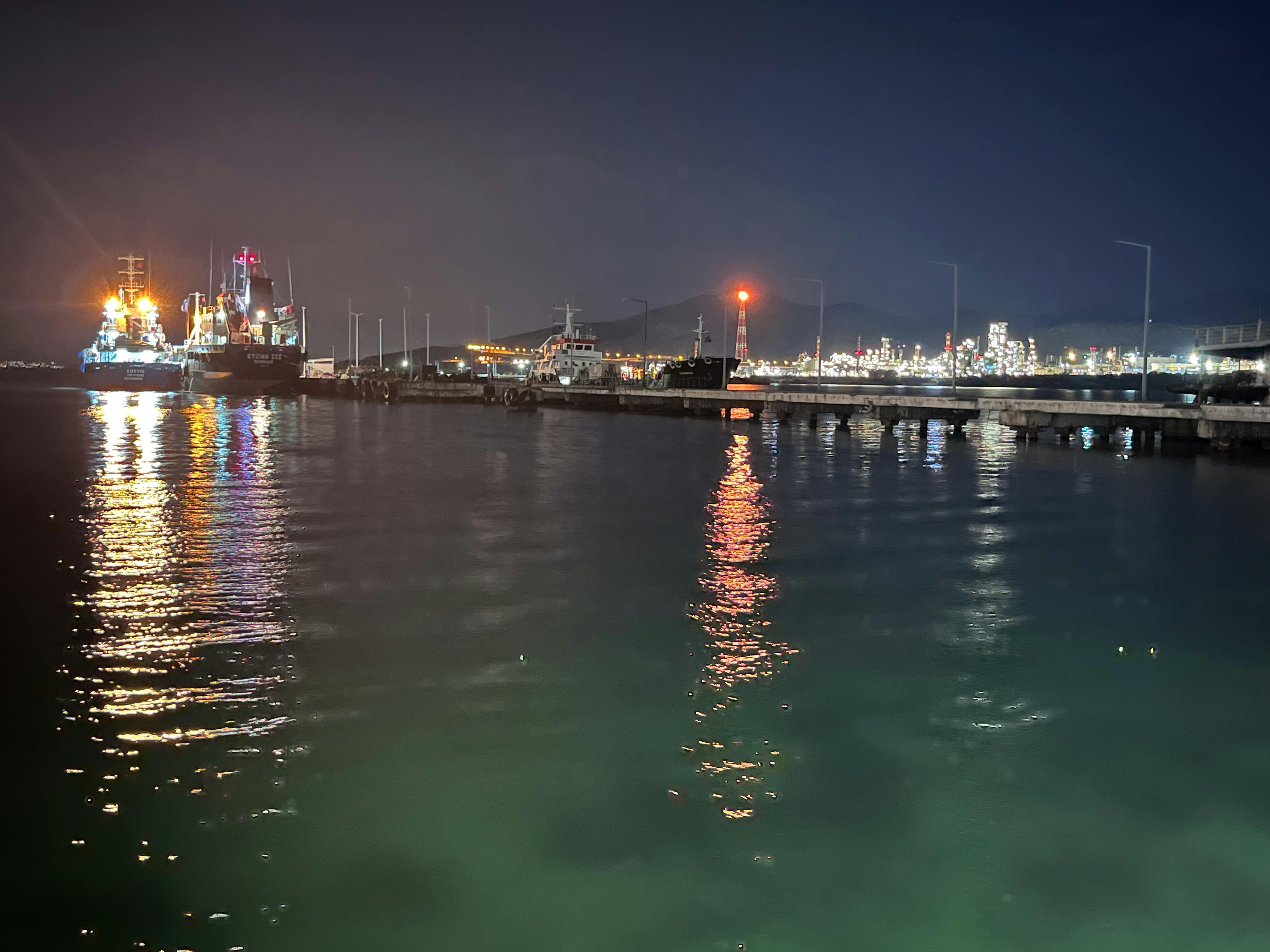I'm invited to join the 'Remote Guide to Extractivism' summer school organised between ZHdK, Monash, TNUA. In 3 different locations, students have opportunities to link, observe and map the sites of extractivism where they are with the surrounding ecosystems, traces and other manifestations.
I took part for a week on the sites of Athens and Elefsina Summer school, meeting and exchanging with students from all over the world, acknowledging our diverse values and at times the difficult contradictions of the values with those of our social environment.
This journey was also for me an opportunity to link some of the findings with my own research on infrastructures and extractivism that inspire me to *dig* further.
In addition to the summer school, a symposium "Conversations with... extractivism" on the same topic, organised by Nicholas Magnan and Charity Edwards, Monash University concluded the two weeks with students.
I presented my initial and fresh findings in the talk 'Activating / Deactivating / Counteractivating Materialities' I gave in the panel Fluid/Flows:
"The talk discusses my current research which investigates non-linear practices and creative hacks of digital fabrication, and through that, what they reveal of material culture of ‘otherness’ and of the emerging trends of ‘non-utilitarian’ and ‘counterfunctional’ designs.
As we rediscover materialities, we are confronted with a growing need to understand how things are made, where they come from, which knowledge, legacies, and traditions are embedded in them, and how those things are transported, discarded, and recycled by whom, and where, etc.
These questions tie with a general concern for environmental impacts of consumerism and waste, and the human rights entangled with them. The very finite materials that are being mined in remote locations by exploited labor demonstrate the extension to which extractivism damages local ecosystems. These notions of material flows are now crucial to grasp for a study of making, craft and fabrication.
The specificity of digital fabrication is important in that equation: the act of using it in ways that are not predetermined is an opportunity to provoke counterfunction, oddness and otherness.
Joëlle’s research thus aims to tie the larger socio-economic context of material sourcing and transformation together with non-habitual practices of digital fabrication."
Info & Credits
Date:
5-16.07.22
Locations:
Elefsina & Athens, Online
Summer school:
Symposium:
Featured Image:
View of Elefsina harbour, with the Titan cement factory in the far background. Photo: Joëlle Bitton.
